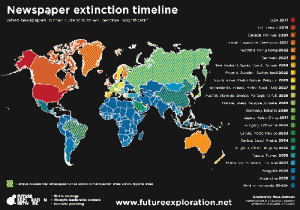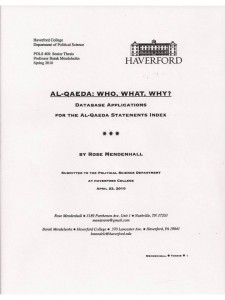
The European and Asian powers have had it with being lectured by the
U.S.—and President Obama’s letter seeking to defuse the tension ahead of Thursday’s summit is likely to make things worse, says Zachary Karabell.
With the leaders of the world gathering for two days of economic points
and counterpoints under the aegis of the G-20, Seoul has become the scene of a showdown between a testy set of European and Asian powers and a rather flummoxed and flat-footed America represented by President Obama in
all his post-Nov. 2 glory and malaise.

The agenda of the meeting has long been telegraphed by multiple mini-summits over the past few months, but with the announcement by the U.S. Federal Reserve this week of $600 billion in further “quantitative easing” (read: printing more money), the tenor has shifted. Two years after the uncorking of the global financial crisis, the United States faces a cohort of other wealthy nations that have had it with being told what to do by Americans, regardless of the merits. They are in a mood to lecture and berate, and recent statements by Obama and Treasury Secretary Tim Geithner, and Fed chief Ben Bernanke’s actions, have given them ample fodder.
See Also:
Review: Griftopia–Bubble Machines, Vampire Squids, and the Long Con That Is Breaking America
Journal: Obama Trashing US Dollar & Economy
Reference: Obama & Wall Street–Bloomberg Next?




